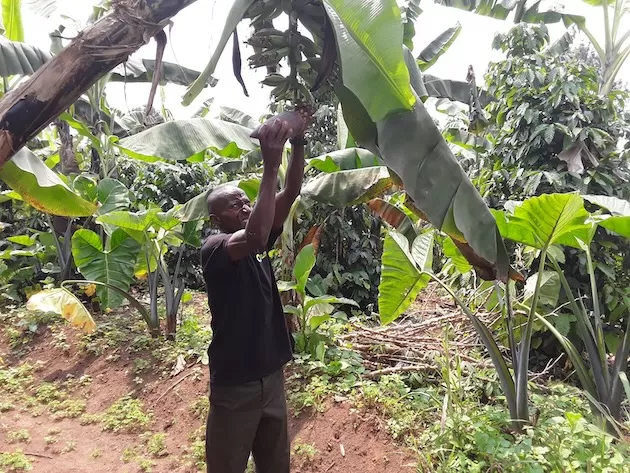The 2025 State of Food Security and Nutrition in the World (SOFI) report has recently been released, and it brings some encouraging news. According to the report, there has been a modest global decline in hunger since 2022, with 673 million people facing hunger in 2024. This number indicates a decrease of 22 million compared to 2022. While this progress is certainly a step in the right direction, there is still much work to be done to eradicate hunger in our world.
One of the most significant findings of the SOFI report is the regional differences in hunger levels. While there has been progress in Asia and South America, hunger is unfortunately on the rise in Africa and Western countries. This highlights the need for targeted efforts and interventions in these regions to ensure that everyone has access to enough nutritious food.
The report also sheds light on the impact of the COVID-19 pandemic on food security and nutrition. The pandemic has exacerbated existing inequalities and vulnerabilities, making it even more challenging for vulnerable populations to access food. It has disrupted food systems, leading to food shortages and price hikes in many parts of the world. This has pushed even more people into food insecurity and hunger, especially in low-income countries.
Despite these challenges, the SOFI report also highlights successful initiatives and interventions that have contributed to the decline in global hunger. These include social safety nets, such as cash transfer programs and food assistance, which have proven to be effective in providing immediate relief to those in need. Investments in sustainable agriculture and rural development have also helped to increase food production and improve access to nutritious food.
However, the report also stresses the need for long-term solutions to address the root causes of hunger. This includes tackling poverty, inequality, and conflict, which are major drivers of food insecurity. It also calls for a shift towards more sustainable and inclusive food systems that promote healthy and diverse diets for all.
It is heartening to see that we are making progress in the fight against hunger. However, it is crucial to recognize that the current numbers are still far too high. Every person who goes to bed hungry is one too many. We must continue to work together and take action to ensure that everyone has access to enough nutritious food.
Governments, civil society organizations, and individuals must all play their part in addressing this global issue. Policies and investments must prioritize the most vulnerable populations, including women, children, and marginalized communities. We must also promote sustainable and inclusive food systems that benefit both people and the planet.
The SOFI report serves as a reminder that the fight against hunger is far from over. It is a call to action for all of us to do our part in creating a world where no one goes hungry. Let us use this report as a source of motivation and inspiration to continue working towards a future where food security and nutrition are a reality for all.
In conclusion, the 2025 State of Food Security and Nutrition in the World report shows a modest decline in global hunger, but there is still much work to be done. We must address regional disparities, the impact of the COVID-19 pandemic, and the root causes of hunger to achieve our goal of a world without hunger. Let us join hands and work towards a future where everyone has access to enough nutritious food to live a healthy and fulfilling life.



